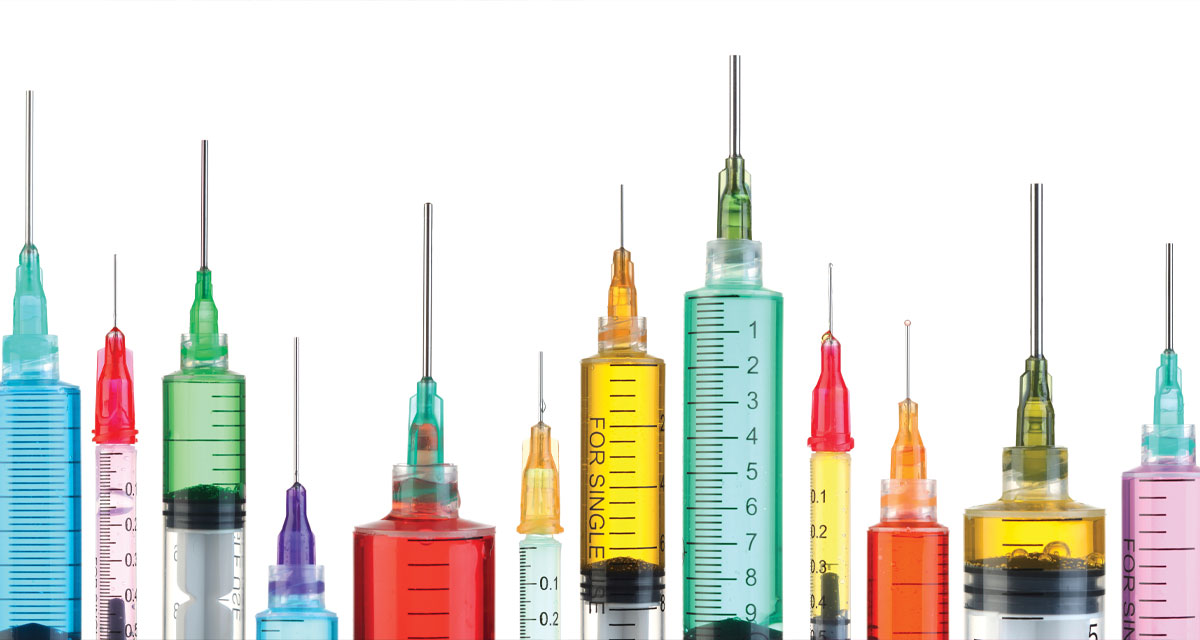As a society, we are now able to say we have lived through a worldwide pandemic—COVID-19. The feelings of fear, isolation, and helplessness are all still very fresh in our minds. By no means are we able to say this pandemic is over, but many can now see the light at the end of the tunnel. Today, feelings of hope, optimism, and anticipation are replacing the previous sentiments. Why have these feelings changed? What has made the tides shift so dramatically? Much of this is thanks to a large percentage of the population getting the COVID-19 vaccine.
According to the CNBC article, “Half of Americans 12 and older are fully vaccinated, as daily Covid case counts remain below 15,000,” today almost “52% of the U.S. population has received at least one dose of a Covid vaccine and 42% are fully vaccinated, government data show.” This progress has helped lower the rates of infection dramatically. According to the article, “about 14,400 daily cases are being reported in the U.S. on average over the past week.” This figure is down 17% from only a week prior.
With numbers like this, it is easy to see why many are signing up to get their COVID-19 vaccine. Once one is fully vaccinated, he or she begins to feel like they can “somewhat” return to normal life. This is thanks to many of the previous restrictions being lifted. Today, many stores have an optional mask mandate. Large venue events like concerts, sporting activities, theater productions, etc., are also beginning to occur after a yearlong hiatus.
Considering all of this, August seems like the ideal and perfect month to recognize the importance of all immunizations during “National Immunization Awareness Month.” As this nation slowly begins the healing process, we need to investigate why there is an entire month dedicated to immunization awareness.
First, since this article has been primarily focused on discussing the COVID-19 vaccination, is there a difference between immunization and vaccination? The short answer is no. According to the Centers for Disease Control, “immunity” is protection from an infectious disease. Once one is considered “immune to a disease,” one can be exposed to it without becoming infected. A “vaccine” is a product that stimulates a person’s immune system to produce immunity to a specific disease, protecting the person from the disease. Therefore, a “vaccination” is the act of introducing a vaccine into the body to produce immunity to a specific disease, while “immunization” is the process by which a person becomes protected against a disease through vaccination. In summation, immunization is often used interchangeably with vaccination.
Why is it important to have one’s children and adults in the family immunized? There are a variety of important reasons to support doing so. First off, immunizations protect children from numerous dangerous childhood diseases. Any of these diseases can cause serious complications and can even kill. A few of the many diseases these vaccinations prevent include Mumps, Measles, Rubella, Influenza, Hepatitis A and B, Diphtheria, Pertussis (“Whooping Cough”), Polio, Rotavirus, Tetanus, and Varicella (“Chickenpox”).
Secondly, these diseases, which significantly hurt previous generations, are now becoming rare, due to vaccinations. According to the Centers for Disease Control, “some diseases (like polio and diphtheria) are becoming very rare in the U.S.” This is thanks to children and adults getting vaccinated.
The National Immunization Awareness Month does its best to help raise awareness of the reasons why people should consider getting themselves and their loved ones vaccinated. However, at the end of the day, it is each person’s personal decision whether they do so. A great analogy the CDC uses to support why parents should consider getting themselves or their children vaccinated is that becoming vaccinated is like “bailing” water out of a slowly leaking boat. “When we [the American people] started bailing, the boat was filled with water. But we have been bailing fast and hard, and now it is almost dry.” Considering all of this, this is not to say we should “throw away the bucket and relax.” The leak (infectious disease) has not stopped. However, thanks to becoming immunized, “we all will notice a little water seeping in.” Then, as a society, we can all work to stop the leak before it gets out of control.























